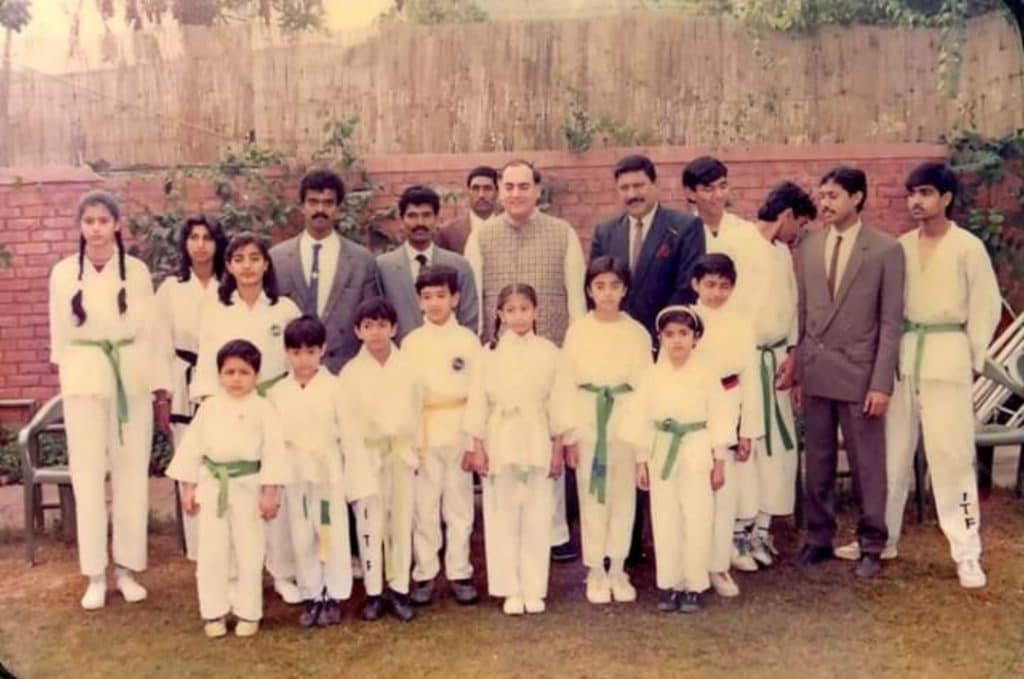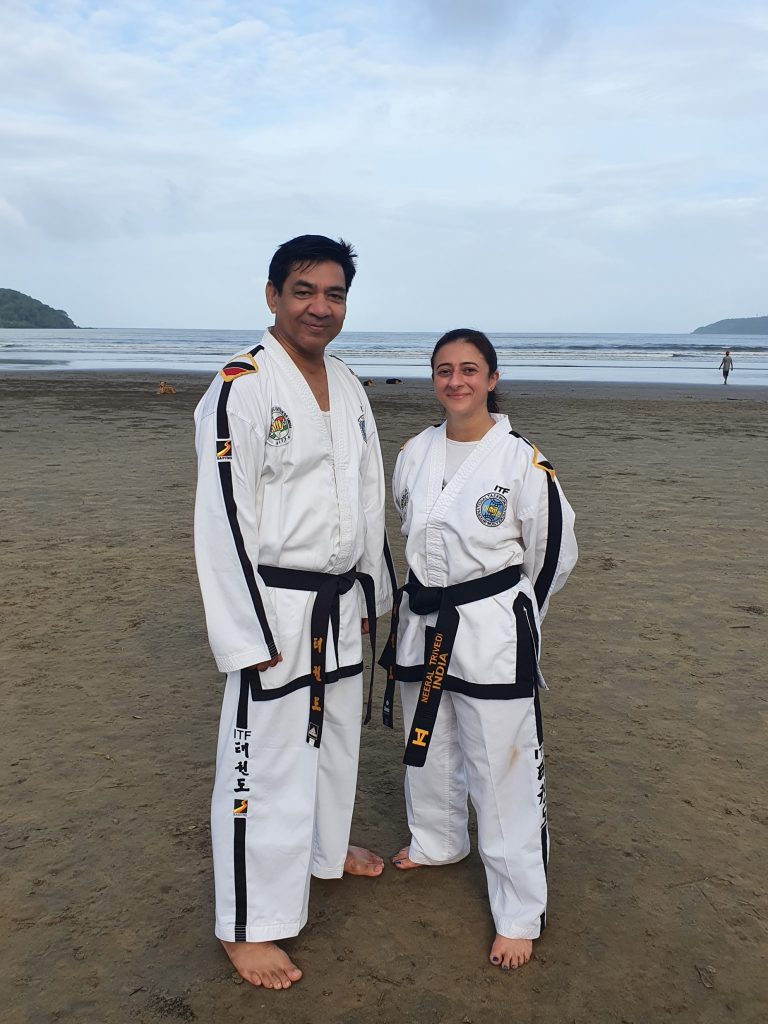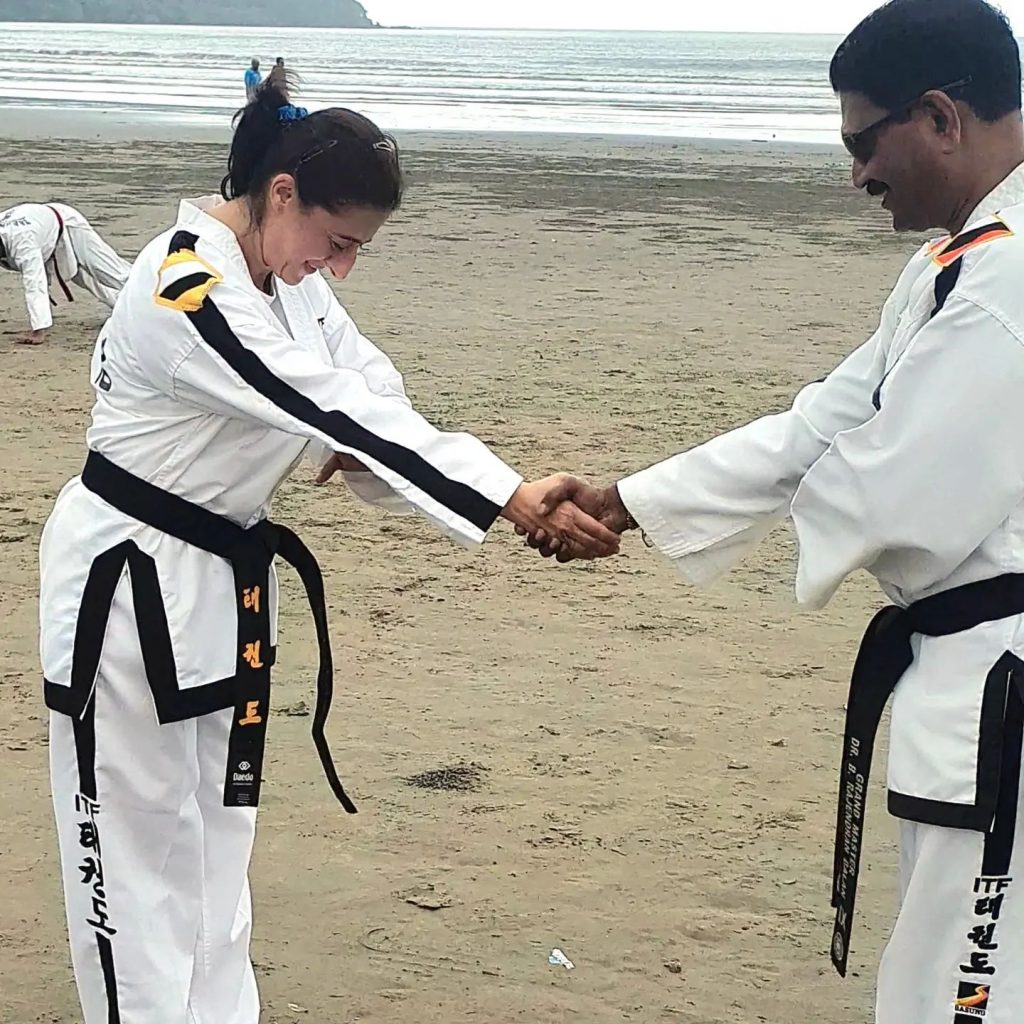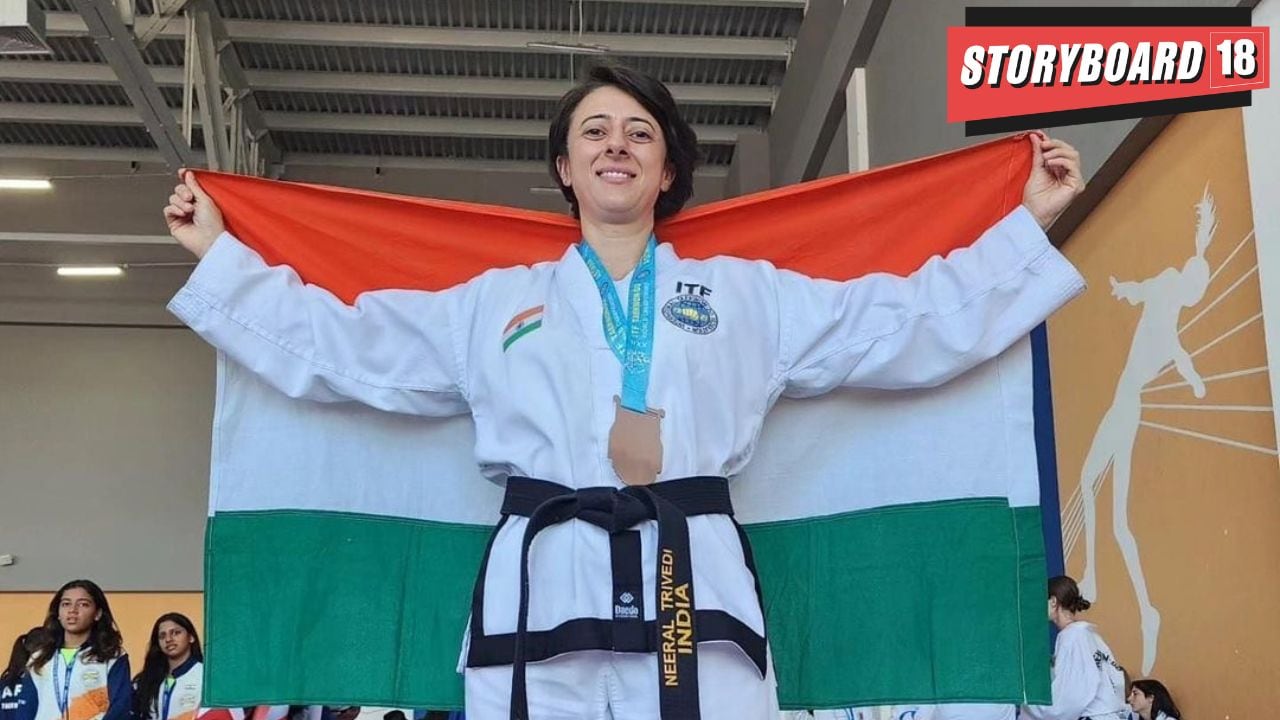The 80s kids were fascinated with martial arts movies, especially the ones starring Jackie Chan and Bruce Lee. Neeral Trivedi comes from the same generation. The only difference is that she took those movies seriously. Trivedi was intrigued by those action sequences and nudged her parents to enrol her for Taekwon-Do classes at the age of 10. They were supportive and thought it was a great way to learn self-defence.
Cut to now. Trivedi is director – business at IPG Mediabrands’ owned agency Lodestar UM. She didn’t leave behind her passion for Taekwon-Do. In fact, she is making the nation proud. Trivedi recently won a Bronze Medal at the 22nd World ITF Taekwon-Do Championship held in Kazakhstan. She achieved glory for India in the individual pattern, female veteran 35-44 years 5th Dan Black belt category. This accomplishment follows her recent triumphs at the 7th South Asian ITF Taekwon-Do tournament, where she emerged victorious with Gold Medals in both the individual pattern and power breaking events of the veteran category.

Managing work and passion
What is impressive is that Trivedi manages her Taekwon-Do practices along with her highly demanding job as a media planner. She admits finding the right balance was tough but now she has a strategy in place. Trivedi has subconsciously let go of active networking post working hours. She also doesn’t binge watch content. By doing so Trivedi is able to get into her swimming classes, which she is pursuing as a secondary sport.

Doing all of this helps her when gets into the agency corridor and pitch meetings. She explains, “The most important lesson that I have learnt from my fights is to be confident. That has made me a better media planner and now even in client servicing. In a pitch room, if I am put in a spot with a stopwatch, I immediately know how to rewire my strategies and win the room.”

Trivedi represented India in the first Junior World ITF Taekwon-Do championship in 1993 in Moscow – the first female player to represent India in the U-18 Black Belt tournament. Since then she has been a part of several international tournaments. She recalls how perception changes a lot during a game. “In the early days, when I went abroad for tournaments, Asians weren’t considered to be strong in martial arts. In one of my first international fights, I lost to an American player, not because she was stronger. I read the room before I got into the right and somehow thought I would not be able to pull this off. It was that attitude that changed the game,” she explains.
Trivedi believes it’s the same in advertising. She also thinks today advertising professionals have become far more inclusive in nature. People are far more respectful of each other’s personal choices and interests. Just like in Taekwon-Do, Trivedi thinks when agencies compete for new business wins or awards it’s fair play. When they get together outside of it, people are cordial and will have each other’s back.
Encouraging sports
While sportspersons like Trivedi are representing India and winning big at international forums, brands aren’t widening their partnership possibilities. As a media planner, Trivedi agrees that brands still use return on investments as a metric while drawing sponsorship plans.
“The only way to make sports popular is by investing in it. If brands don’t look for those opportunities, we will continue to talk about this even in the years to come. Social media has opened up conversations about so many games. Look at Neeraj Chopra. Did brands invest in javelin throw before Chopra’s wins? No. But my suggestion is why wait for a Neeraj Chopra moment for making investments? Brands have the potential to find many more Neeraj Chopras, nurture them, and make many more sports events popular,” concludes Trivedi optimistically.
